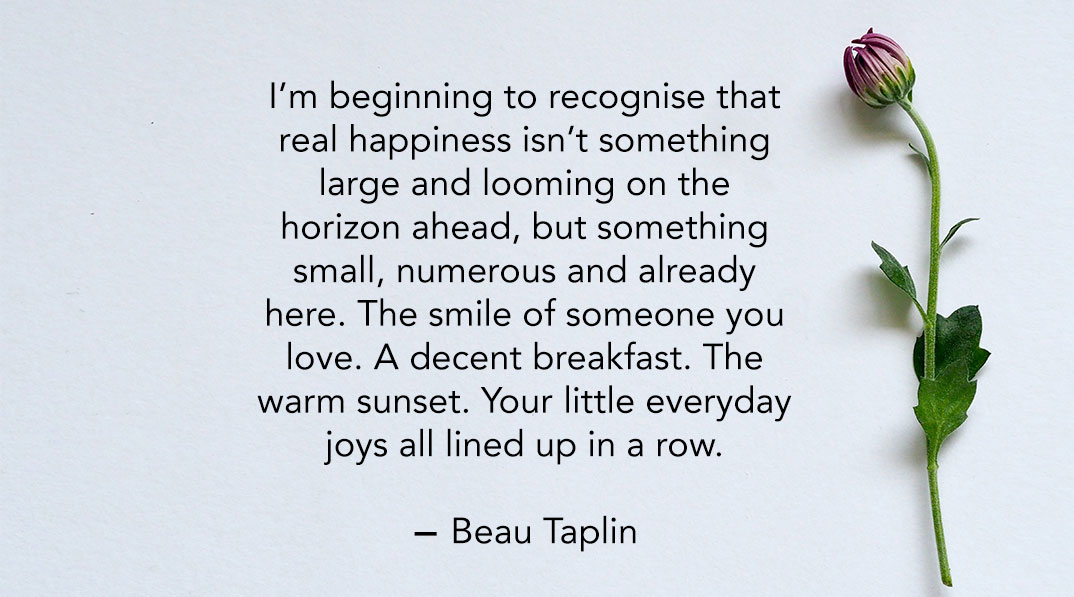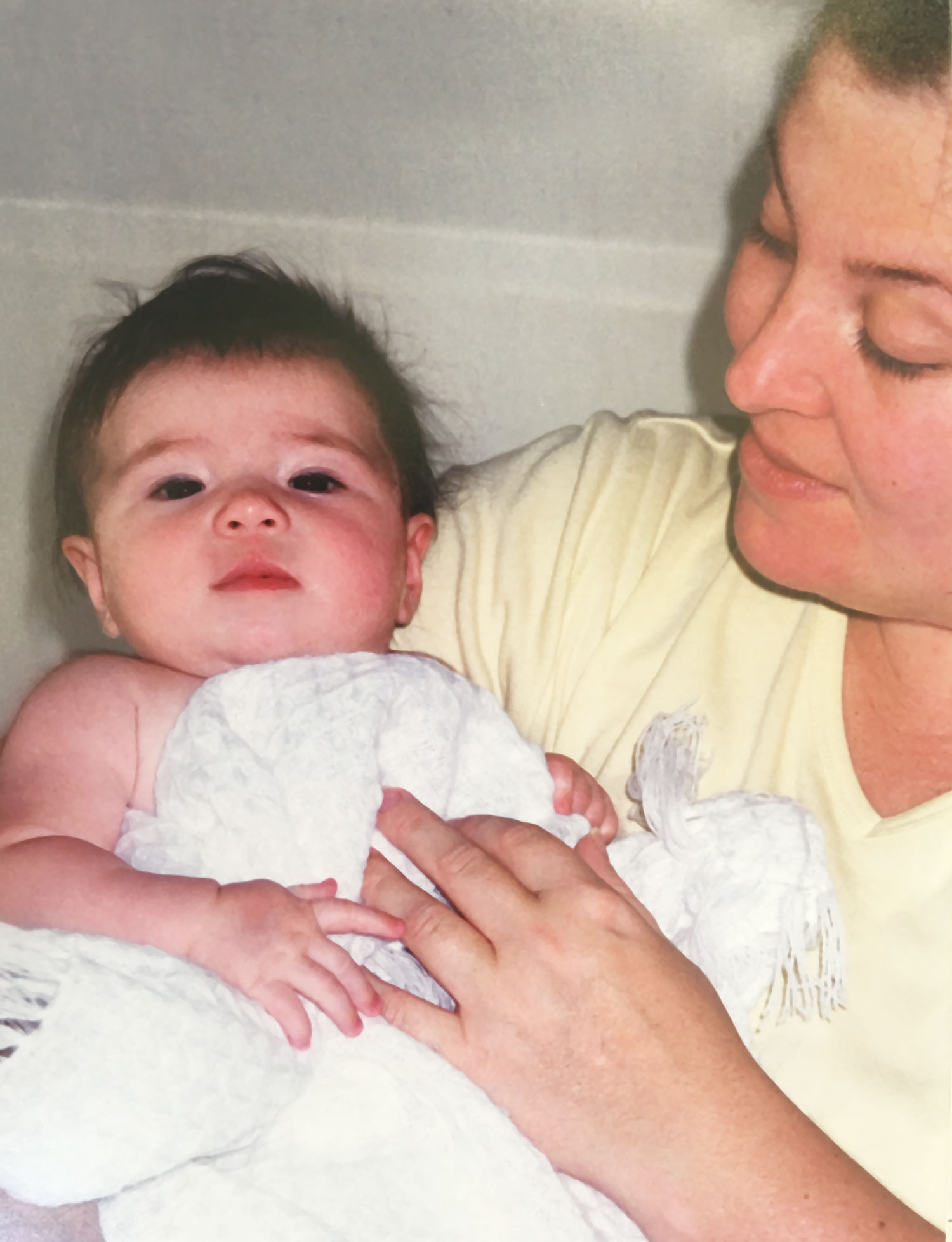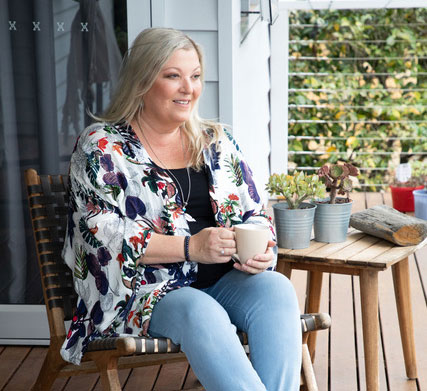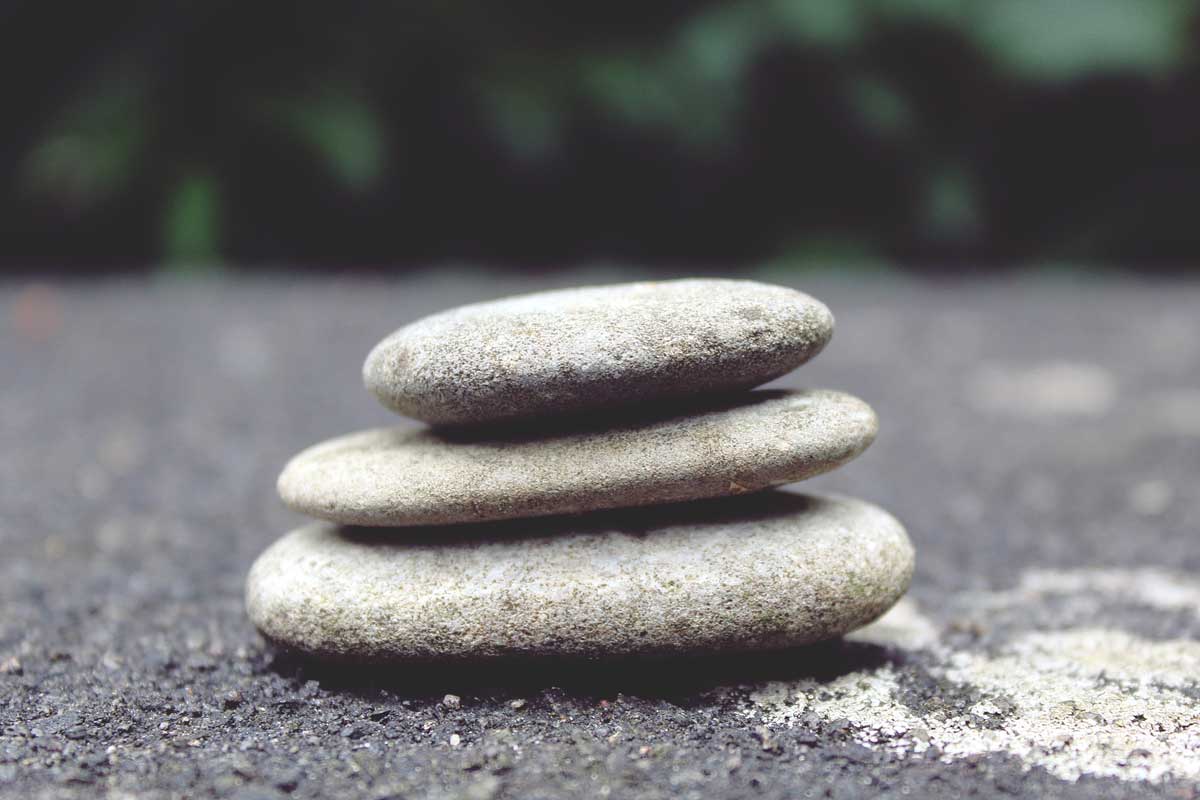I’m in the process of writing a book proposal for the Hay House Writer’s Workshop competition which is due in a few weeks’ time. (I probably should be writing it now, but procrastination has set in!)
My book is what they call a ‘teaching memoir’, and is based on the past two years of my life since I quit my full-time job – what I have learned, how I have changed my life, and about finding my purpose and passion – in the hope of helping other women.
At 45, I found myself in crisis, in pain, overworked, stressed, exhausted, self-medicating with alcohol and pain pills, overweight, and disconnected from my body, my emotions, my relationships, my creativity – from my life in general.
I had a ‘wakeup call’ after reading Tim Ferriss’ book, the Four Hour Work Week, (which I highly recommend btw). It made me question my measure of a successful life, and I realised that most of the things I saw as important were, in fact, society’s expectations of what was important.
At 45, I found myself in crisis, in pain, overworked, stressed, exhausted, self-medicating with alcohol and pain pills, overweight, and disconnected from my body, my emotions, my relationships, my creativity – from my life in general.
As I was writing, I was reflecting on the life of my dad, Peter, who died at 55, not long after he retired from his job in the public service where he worked for 40 years. He was way too young to die, and I regret that he wasn’t around to see me become a mum or hold my daughter Jordan (who is now nearly an adult now), or play with his grandkids and great grandkids, or go on that trip around Australia with mum.
But I get the sense my dad died without regrets.
He was a man of simple pleasures. He had enjoyed his family, his humble home, a beer with his mates, his weekly golf game, watching the footy on the weekend, and sitting on the porch each night with a glass of red, his pipe and the crossword.
As Tim would say, my dad was one of the ‘new rich’. He didn’t live to work. He worked to live and he lived simply, without extravagance, and found great pleasure in the simple things in life. He made the most of his 55 years.
I wonder why I hadn’t learnt the lessons of enjoying life’s simple pleasures from my dad sooner? And why I got sucked into the illusion of modern life where over-working and over-consuming have been revered to the point where we are making ourselves sick and superficial.
Since my wake up call my life has changed dramatically and for the better (mostly). I have so much further to go on this journey, but I am thankfully alive, awake, and alert, and on a path towards figuring out my own measure of a successful life.
I hope when I come to the end of my life (and hopefully not too soon), my daughter will say my mum enjoyed the simple pleasures of a life lived mindfully and with meaning.







0 Comments